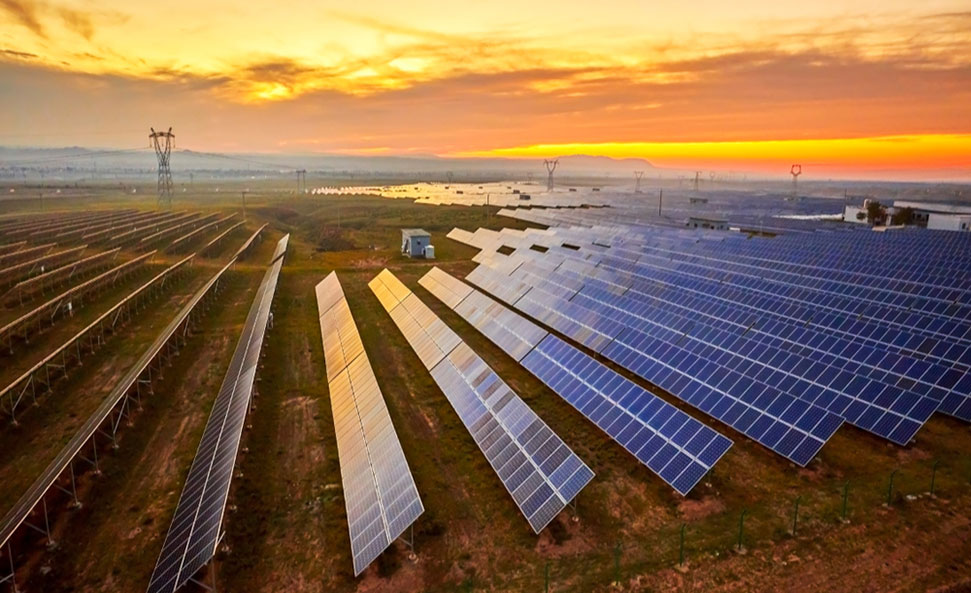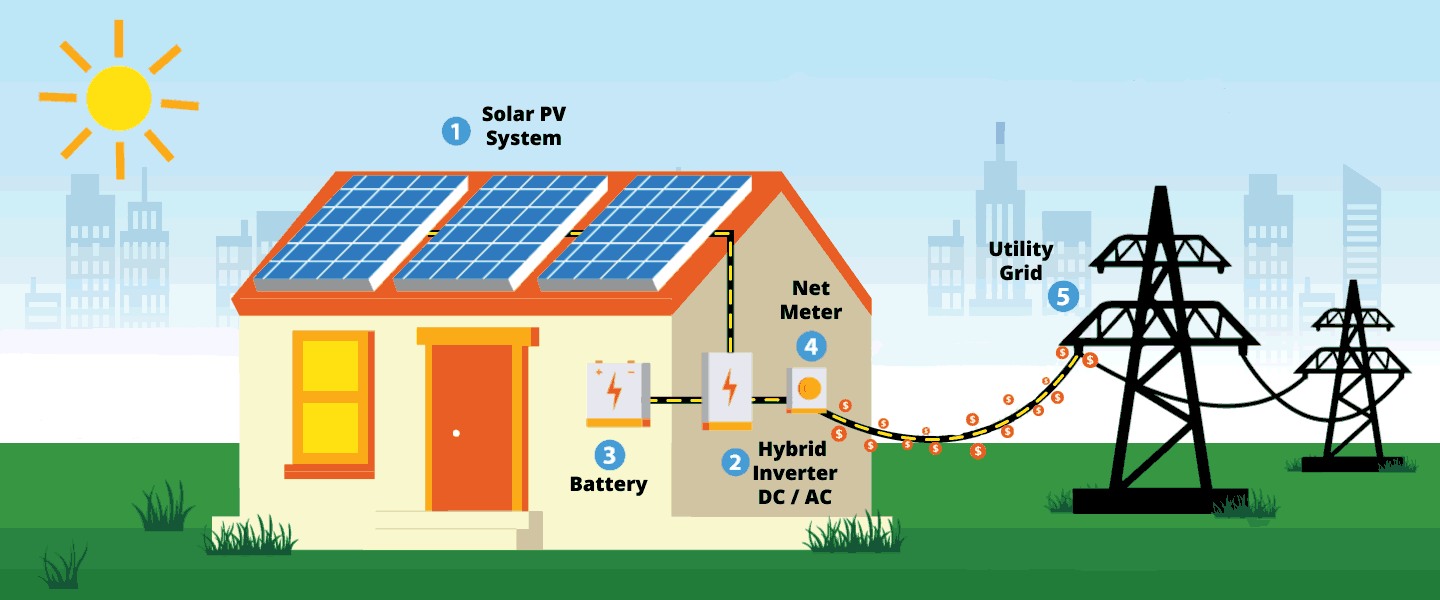Why Solar Energy
1. Clean source of electricity:
Solar Power Is Good for the Environment. The most commonly known fact about solar energy is that it represents a clean, green source of energy. Solar power is a great way to reduce your carbon footprint. There’s nothing about solar power that pollutes Mother Nature. Solar power doesn’t release any greenhouse gasses, and except for needing a source of clean water to function, it uses absolutely no other resources. Hence, it’s safe and environmentally-friendly. Yet, people are still in doubt why solar energy is good.
- Solar power is self-sufficient and installing solar panels on your roof is a safe and easy path to contribute to a sustainable future. Starting on your home is a great way to show you care about the environment.

2. Solar Electricity help us to go Off-the-Grid:
The decrease in the cost of solar panels serves as a great example of why there should be an increase in the use of solar energy. Traditional electricity relies heavily on fossil fuels such as coal and natural gas. Not only are they bad for the environment, but they are also limited resources. This translates into a volatile market, in which energy prices alter throughout the day.
- For Home: Solar electricity boosts your electricity independence! By investing in a 4kW solar system, which is the most common domestic size, you can easily protect yourself against unpredictable increases in utility prices, and enjoy cheap electricity throughout the entire daythe sun will never increase its rates and it gives you energy security.
Once you have solar panels up on your roof, you’ve technically reached an energy-independent status. Solar battery storage systems can also help store electricity for night time and rainy days.

3. Solar Power Is A Free Source of Energy :
The sun provides us with more energy than we could ever use, and no one can monopolise the sunlight. Your solar power system will start saving money from the moment it’s turned on, however, the advantages of solar power are best visible in the long-term. The longer you have your solar power system, the more you enjoy the benefits of solar technology and support the environment.
4. Reduce your current utility bill :
Solar energy is a freely available power source. In tropical climatic conditions, it is available around the year without any impediments. Investing in solar power panels is a one-time investment that will provide you with saving throughout. You can forget load shedding, increase in electricity bill, and power blackouts during windy climatic conditions when you have a solar panel installed at home.
In addition, the solar power system will either reduce or completely waive off the electricity bill. You can utilize the money saved for other useful purposes. Once you install a solar power system at home, you can use electrical appliances without much botheration electricity consumption. It will serve you, at least, for more than one or two decades.
5. Increasingly Competitive:
Nowadays renewables, specifically wind and photovoltaic, are cheaper than conventional energies in much of the world. The main renewable technologies – such as wind and solar photovoltaic – are drastically reducing their costs, such that they are fully competitive with conventional sources in a growing number of locations. Economies of scale and innovation are already resulting in renewable energies becoming the most sustainable solution, not only environmentally but also economically, for powering the world.
6. Subsidies and Tax Exemption from Government:
The government offers subsidies and tax benefits to solar panels. The usage of solar energy effectively contributes to reducing pollution and improving self-reliance in the matter of energy. Additionally, the money saved by the government in electrical power production could be used for facilitating other needs of common citizens. Hence, the state and central governments offer various rebates and benefits for those installing the solar power panels at home.
Solar power is harnessed using Solar Photovoltaic (PV) technology that converts sunlight (Solar radiation) into electricity by using semiconductors. When the sun hits the semiconductor within the PV cell, electrons are freed and bus bars collect the running electrons which results in electric current. When we place Solar panels connected in a calculated manner in the sunlight, they start producing current and voltage in the form of Direct current (DC) but in most of the countries in the world appliances and equipment runs on Alternative current (AC) so we need to connect to all Solar panels to an Inverter which then converts DC into AC for use.

The PV (Photovoltaic) modules, or solar panels (1) capture the sun’s energy as DC power and the inverter changes that to AC power. The inverter (2) then sends the electricity to your home (3).These electricity producing solar energy systems are typically grid tied or net metered, (4) which means they run your meter backward and feed electricity back (5) into the grid when there is excess production.
Residential Project:
- Electricity Bill.
- Municipal Tax
- Payment slip.
- Aadhar Card.
- Pan Card.
- Cancel Cheque.
- 1 passport Size Photo.
Commercial Project:
- Electricity Bill.
- Company Registration Certificate.
- GST Certificate.
- Company Memorandum.
- Board Resolution.
- Company Pan Card.
- Authorized person Aadhar card and Pan card.
- Authorized person 1 passport size photo
